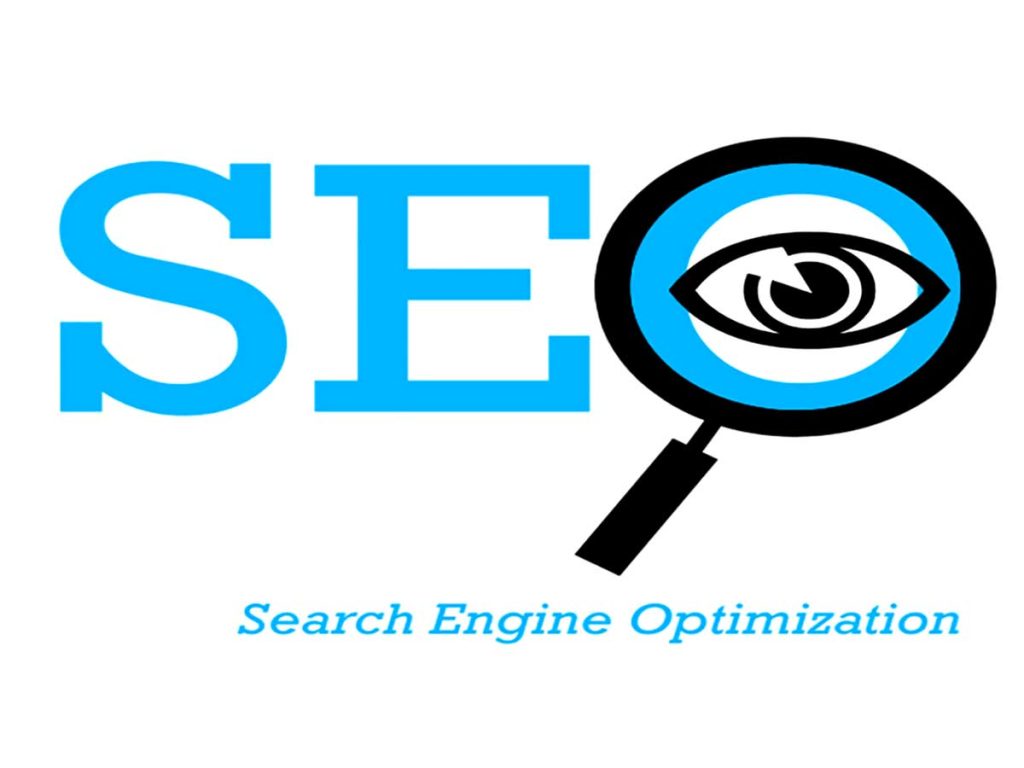
Introduction
A strong online presence must be balanced in today’s digital age, where the internet is the go-to source for information and solutions. Whether you run a personal blog, a small business, or a multinational corporation, being visible on the web is crucial. This is where Search Engine Optimization, commonly known as SEO, comes into play. In this article, we will delve into the world of SEO, understand its fundamentals, and explore why it is indispensable for websites of all kinds.
Understanding SEO
What is SEO?
SEO stands for Search Engine Optimization, and it encompasses a set of strategies, techniques, and practices aimed at improving a website’s visibility and ranking on search engine results pages (SERPs). The primary objective of SEO is to enhance organic (non-paid) search traffic to a website. Search engines like Google, Bing, and Yahoo use complex algorithms to determine which websites are most relevant to a user’s search query. SEO is about aligning your website’s content and structure with these algorithms to rank higher in search results.
Why is SEO Important?
1. Increased Visibility: One of the most compelling reasons for implementing SEO is to increase your website’s visibility. Think about how often you go beyond the first page of search results when you’re looking for information online. Chances are, only a few times. SEO helps your website appear on the first page, making users more likely to find and click on it.
2. Organic Traffic: Unlike paid advertising, where you pay for every click, organic traffic generated through SEO is free. When your website ranks well for relevant keywords, you attract visitors who are genuinely interested in your content or products. This saves you money and brings in high-quality traffic that is more likely to convert into customers or readers.
3. Credibility and Trust: Websites at the top of search results are often perceived as more credible and trustworthy by users. People trust Google’s algorithm to deliver the most relevant and reliable results. By ranking well, you gain your target audience’s trust, which can increase brand credibility.
4. Competitive Advantage: SEO can provide a significant competitive advantage in today’s highly competitive online landscape. If your competitors are investing in SEO and you’re not, you risk falling behind in the digital marketplace. Conversely, a well-executed SEO strategy can help you outperform your competitors in search rankings.
5. Better User Experience: SEO is not just about search engines; it’s also about providing a better experience for your website visitors. SEO involves optimizing your website’s structure, content, and user interface to make it more user-friendly. A well-structured and easy-to-navigate site is more likely to keep users engaged and encourage them to return.
The Components of SEO
Now that we understand why SEO is important, let’s explore its key components:
1. On-Page SEO:
On-page SEO involves optimizing elements on your website itself. This includes optimizing content, meta tags (title tags and meta descriptions), headers, and images. It’s about making your web pages as search-engine-friendly as possible while providing users value.
2. Off-Page SEO:
Off-page SEO focuses on activities outside your website but influences its ranking. The most crucial aspect of off-page SEO is building high-quality backlinks from reputable websites. These backlinks act as endorsements of your content’s quality and authority.
3. Technical SEO:
Technical SEO deals with the technical aspects of your website that affect its search engine performance. This includes optimizing website speed, ensuring mobile-friendliness, creating XML sitemaps, and addressing issues like duplicate content and crawl errors.
4. Content SEO:
Content is at the heart of SEO. Creating high-quality, informative, and engaging content is essential for users and search engines. Content SEO involves:
- Keyword research.
- Optimizing content for keywords.
- Ensuring that your content meets the needs of your target audience.
5. Local SEO:
Local SEO is crucial for businesses targeting a local audience. It involves optimizing your online presence to appear in local search results. This includes setting up and optimizing your Google My Business listing, managing online reviews, and ensuring consistency with NAP (Name, Address, Phone Number).
6. Analytics and Monitoring:
To measure the effectiveness of your SEO efforts, you need to track key performance indicators (KPIs) using tools like Google Analytics and Google Search Console. Monitoring your website’s performance allows you to make data-driven decisions and refine your strategy.
Conclusion
In conclusion, SEO is a multifaceted digital marketing strategy essential for websites of all types and sizes. It goes beyond simply ranking higher on search engines; it’s about providing value to users, enhancing credibility, and gaining a competitive edge in the online world.
Investing in SEO is an investment in the long-term success of your website. It’s not a one-time task but an ongoing process that requires continuous optimization and adaptation to changing algorithms and user behaviors. By understanding the fundamentals of SEO and its importance, you can position your website for greater visibility, increased traffic, and, ultimately, more significant online success. So, whether you’re a blogger, an e-commerce site owner, or a business looking to expand your digital footprint, embracing SEO is crucial to achieving your online goals.



